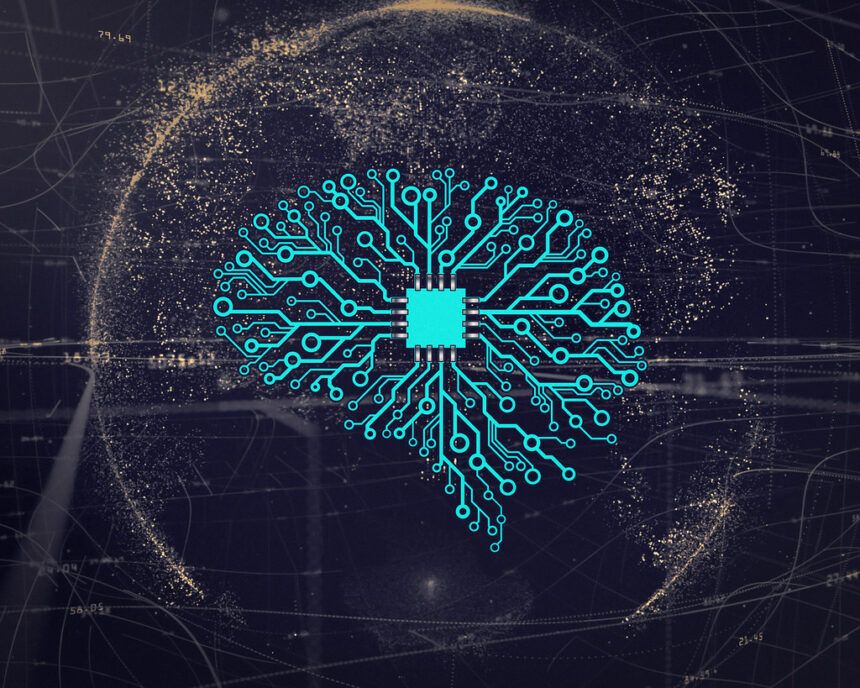The digital era has ushered in not only advancements in technology but also a significant escalation in cyber threats. As these threats evolve, so too must our approaches to cybersecurity. A key player in this evolution is Artificial Intelligence (AI). AI’s capability to analyze vast amounts of data and learn from patterns makes it a formidable tool against cyber threats. This article delves into how AI is revolutionizing cybersecurity, offering insights for beginners, IT professionals, and business owners.
Understanding AI in the Context of Cybersecurity
AI, at its core, is about creating systems capable of performing tasks that normally require human intelligence. This includes learning (acquiring information and rules for using the information), reasoning (using rules to reach approximate or definite conclusions), and self-correction. In cybersecurity, AI is used to identify patterns and anomalies that could indicate a threat, enabling proactive defense mechanisms.
Unlike traditional cybersecurity measures that rely on known threat databases and manual intervention, AI systems can learn and adapt to new threats in real-time. This adaptive nature is crucial in a landscape where threats constantly evolve.
AI-Driven Cybersecurity Solutions
AI’s most significant impact in cybersecurity is evident in areas like threat detection and response. By analyzing patterns and behaviors, AI systems can identify potential threats faster and more accurately than traditional methods.
For instance, an AI system was recently deployed by a financial institution to monitor network traffic. The system successfully identified a sophisticated malware attack that conventional tools missed. This attack, involving a new strain of malware, was detected by the AI’s ability to notice irregularities in data patterns.
However, implementing AI in cybersecurity is not without challenges. False positives and the complexity of AI systems can be significant hurdles. Additionally, the ‘black box’ nature of some AI algorithms can make it difficult to understand how they reach certain conclusions.
The Double-Edged Sword – AI in the Hands of Cybercriminals
As beneficial as AI is in defending against cyber threats, it also presents a new weapon in the arsenal of cybercriminals. AI can be used to develop advanced malware that adapts to defenses or to create highly convincing phishing emails by mimicking natural language.
A recent example involved AI-powered software being used to mimic the voice of a CEO, successfully tricking a subordinate into transferring funds. This incident demonstrates the sophistication of AI-driven cybercrime, underscoring the need for equally advanced cybersecurity measures.
Preparing for an AI-Driven Cybersecurity Future
With AI becoming integral to cybersecurity, it’s vital for businesses and IT professionals to embrace this technology. Understanding AI and its applications in cybersecurity is no longer optional but a necessity.
For beginners in cybersecurity, gaining knowledge in AI and machine learning is crucial. IT professionals should seek to understand not just how to use AI tools, but also the underlying principles that drive them.
Ethical Considerations and Future Outlook
While AI presents numerous advantages, it also raises ethical concerns, particularly in terms of privacy and data usage. As AI systems require vast amounts of data to learn, ensuring this data is used responsibly is paramount.
Looking ahead, the interplay between AI and cybersecurity is set to deepen. AI’s ability to keep pace with rapidly evolving cyber threats will be key in shaping a more secure digital world.
Conclusion
AI’s role in cybersecurity represents a paradigm shift from reactive to proactive defense mechanisms. Its ability to learn and adapt makes it an essential tool in the fight against cybercrime. However, as much as AI offers solutions, it also presents new challenges that must be met with equal innovation and vigilance. For anyone involved in cybersecurity, staying informed and adaptable in the face of AI-driven changes is not just advisable; it’s imperative.



